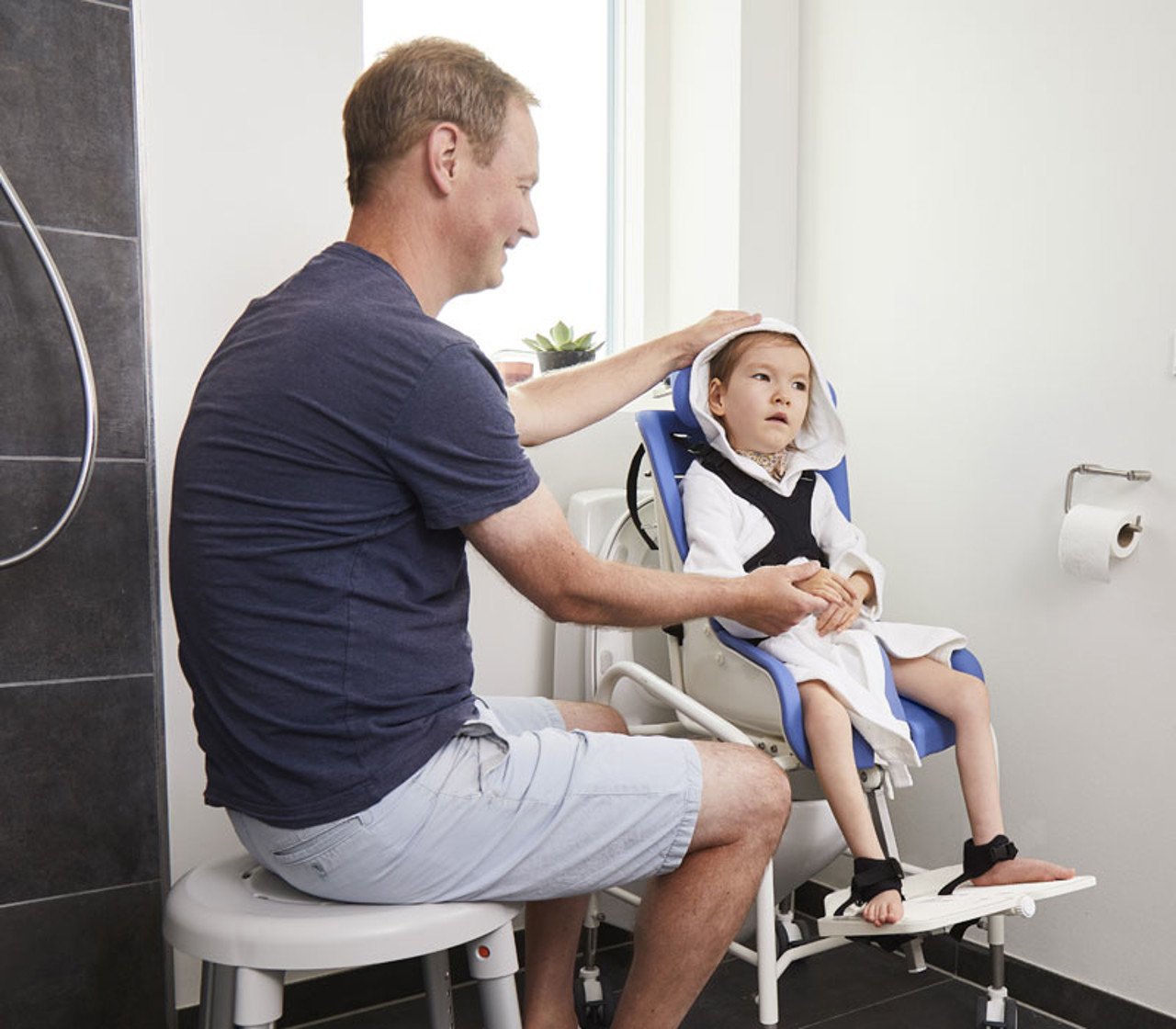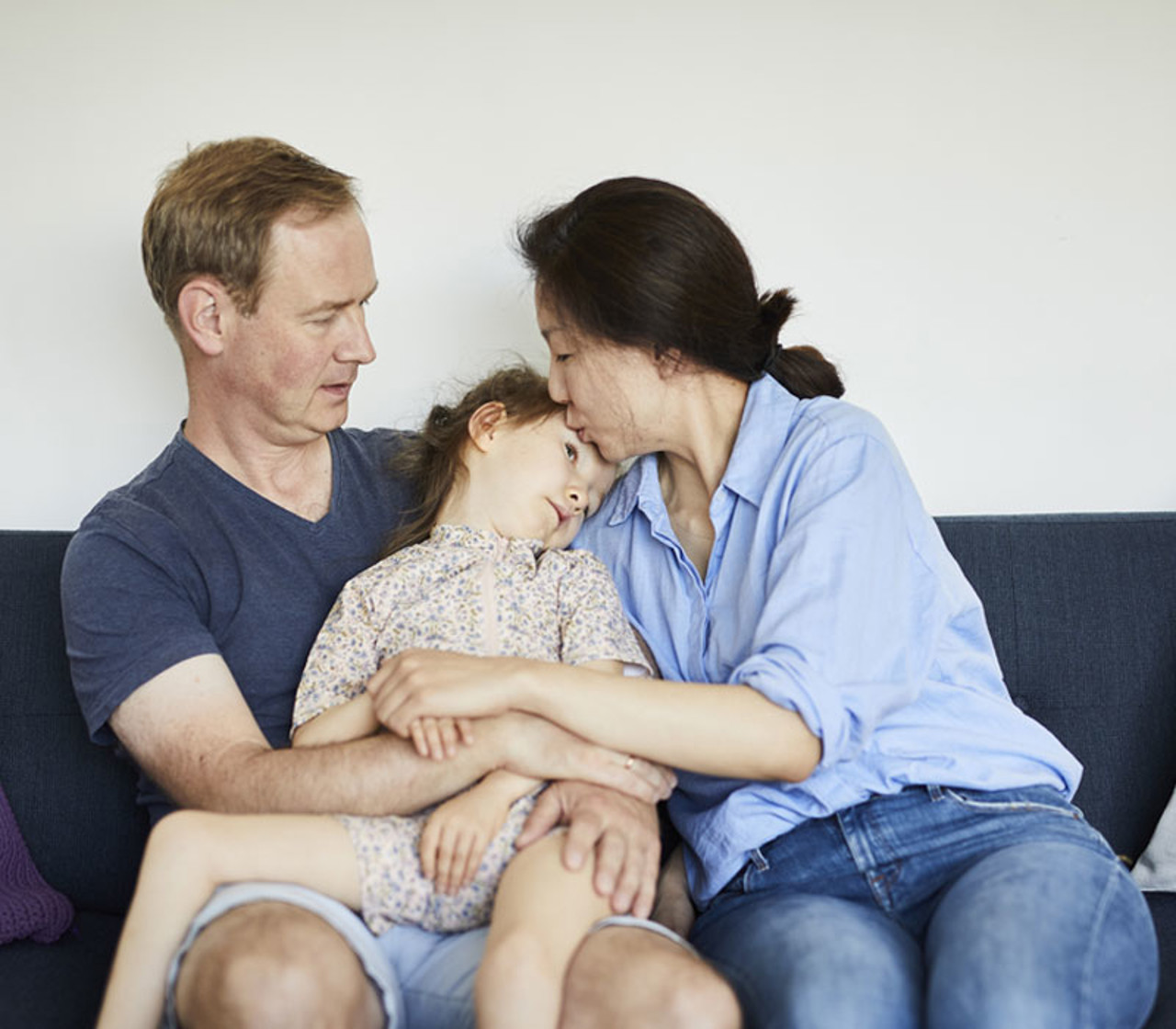
R82 supports toilet training!
To support communication about going to the toilet and toilet training for children with disabilities, R82 have developed toileting sheets, communication cards with the R82 Swan Curo and a new booklet that introduces children to toilet training using the R82 Swan Curo.
In typically developing children, mobility to reach a potty or toilet and independent sitting can be considered essential for initiating toilet training. For children with disabilities, assistive devices or physical assistance need to be available to initiate training. A multi-profession approach supporting the child and family in the development of daily routines that might lead to reaching the milestone of day and night-time continence is often necessary.
Culture, genes, and the environment are important factors influencing the development of continence. In Vietnam, almost all children have achieved control by the age of 2 years, while therapists in Scandinavia report that the children are often 2½ or 3 years old before obtaining daytime control.

Product solutions for toilet training
Product solutions for toilet training need to be chosen and adjusted to the needs of the individual child. The functional ability and any limitation in standing, walking and trunk control might lead to consideration of access with wheeled mobility and postural support from side supports or head support. Furthermore, some features might be more relevant to consider for children with a specific diagnosis. These features are listed for the common childhood disabilities below:
- Cerebral palsy
For children with cerebral palsy, the risk of limitation in musculoskeletal function increases with age, which has implications for the importance of being able to make individual adaptations to the product solution. - Clinical syndromes
For children with clinical syndromes, it is important to be aware of the prognosis for development of motor function and thus the need to make adjustments to the product solution by adding or removing accessories that provide postural support. - Spina Bifida
Catheterisation and bowel evacuations (access)


